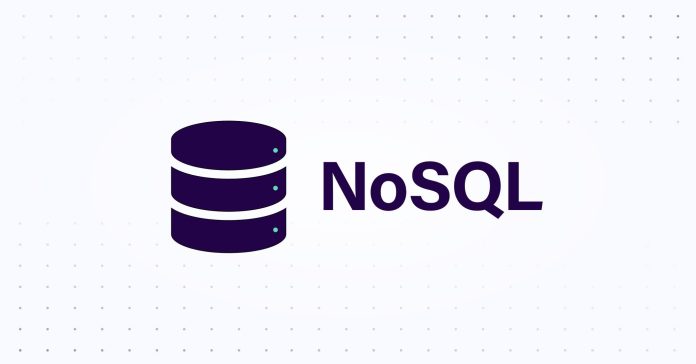NoSQL stands as a collective term for a variety of database systems that do not adhere to the traditional relational data model. These systems are characterized mainly by their distributed nature and non-relational framework, marking a significant shift in how data management is approached in the modern computing environment.
Key Features of NoSQL:
- Dynamic Schema: NoSQL databases operate without a fixed schema, allowing for a more flexible and adaptable data structure. This dynamic nature enables developers to modify the data format without the need to overhaul the entire database.
- Document-based Systems: Many NoSQL databases, such as MongoDB, adopt a document-based model where data is stored in formats like JSON or BSON. This approach facilitates a more intuitive and efficient way of handling complex data structures.
- Key-value Stores: Other NoSQL systems utilize a key-value model, storing data as pairs of keys and values. This simple yet powerful structure is highly efficient for certain types of queries and data retrieval processes.
- Horizontal Scalability: NoSQL databases excel in scalability, capable of expanding by adding more nodes to the database cluster. This feature is particularly beneficial for handling large volumes of data and high traffic levels, ensuring that the database performance scales smoothly with demand.
Advantages and Disadvantages of NoSQL:
Advantages:
- High Scalability: Thanks to its horizontal scaling capabilities, NoSQL databases can efficiently manage massive data sets, ensuring performance remains robust as data volume grows.
- High Availability: Automatic replication features ensure that data is duplicated to maintain consistency, enhancing the database’s fault tolerance and availability.
- Superior Performance: NoSQL databases are designed to handle large volumes of data and traffic more efficiently than traditional relational databases.
- Flexibility: NoSQL allows for flexible data storage and retrieval, accommodating various data types and dynamic data structure changes.
Disadvantages:
- Consistency Issues: The diverse range of NoSQL databases, each with its strengths and weaknesses, can make it challenging to select the most suitable one for a specific application.
- Security Concerns: Being primarily open-source, NoSQL databases often lack a standardized, reliable security model.
- Limited GUI Tools: The market is yet to offer a wide range of graphical user interface tools for accessing and managing NoSQL databases, which can hinder user experience and accessibility.
- Backup and Recovery: Data backup is a significant challenge in NoSQL databases due to the inability to consistently backup data across the system.
In conclusion, NoSQL databases represent a pivotal evolution in data management, offering a range of advantages such as scalability, flexibility, and performance. However, like any technology, they come with their set of challenges, including security concerns and backup limitations. As the tech landscape continues to evolve, NoSQL databases remain a critical component of modern data architecture, providing the tools necessary to handle the complexities of today’s data-intensive applications.
Related articles:

